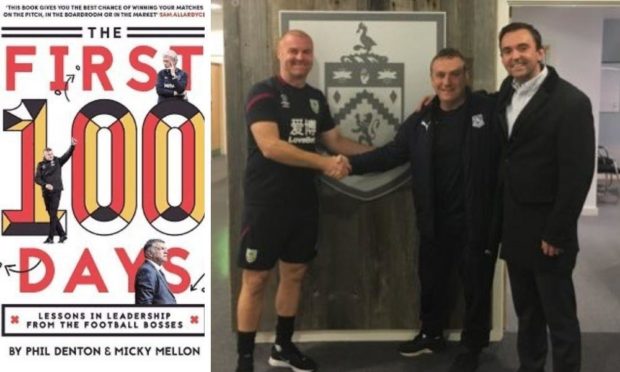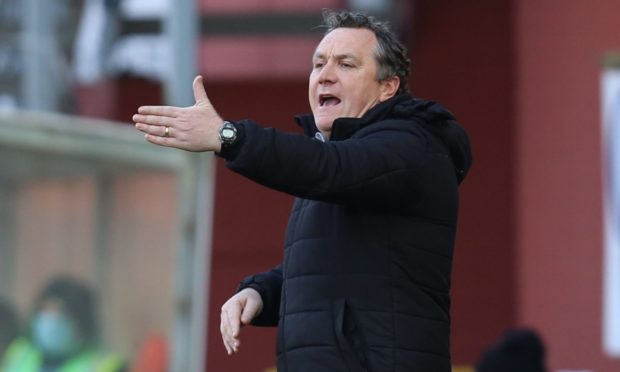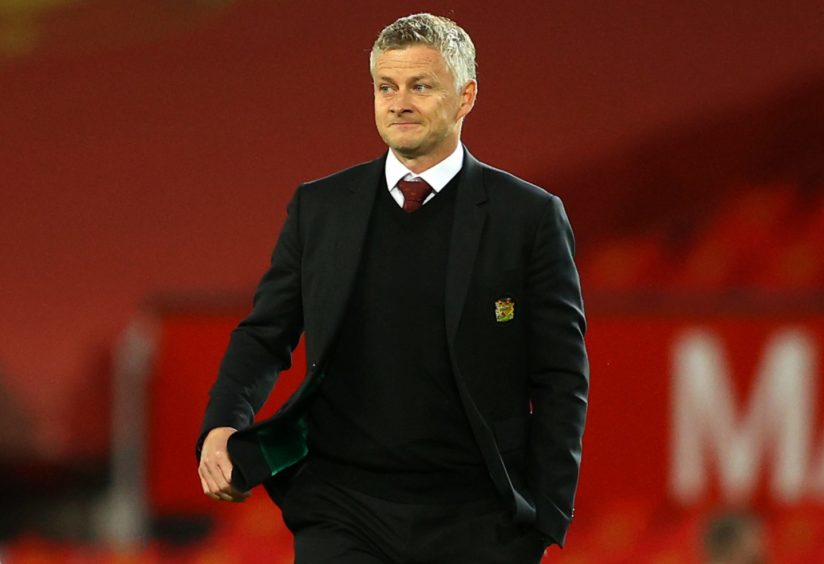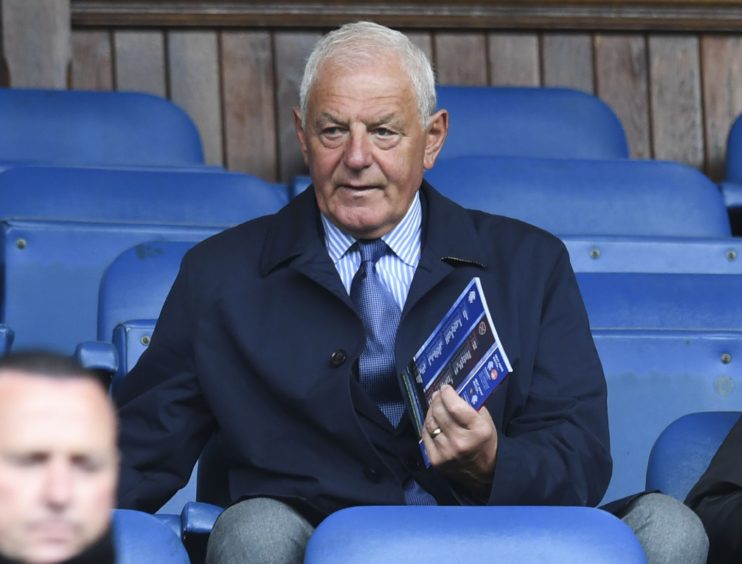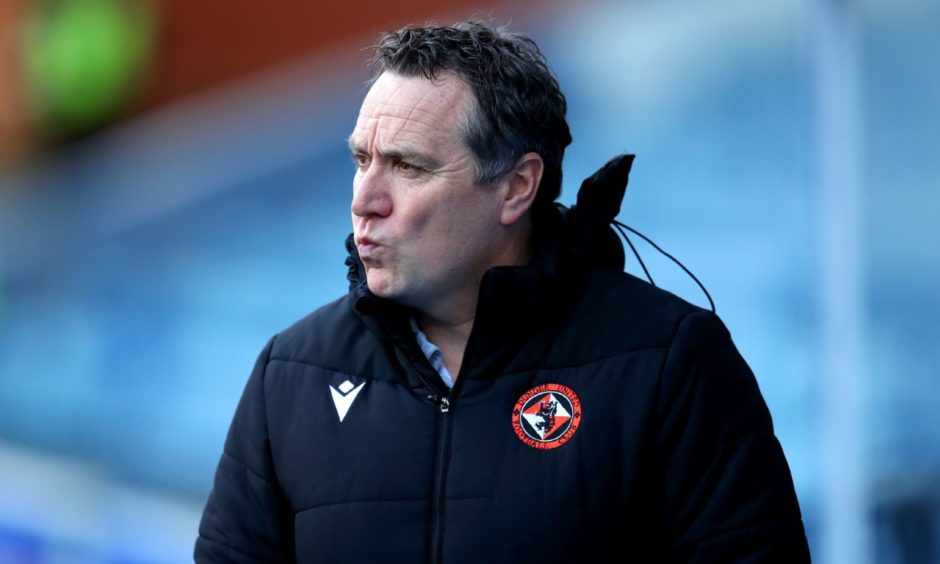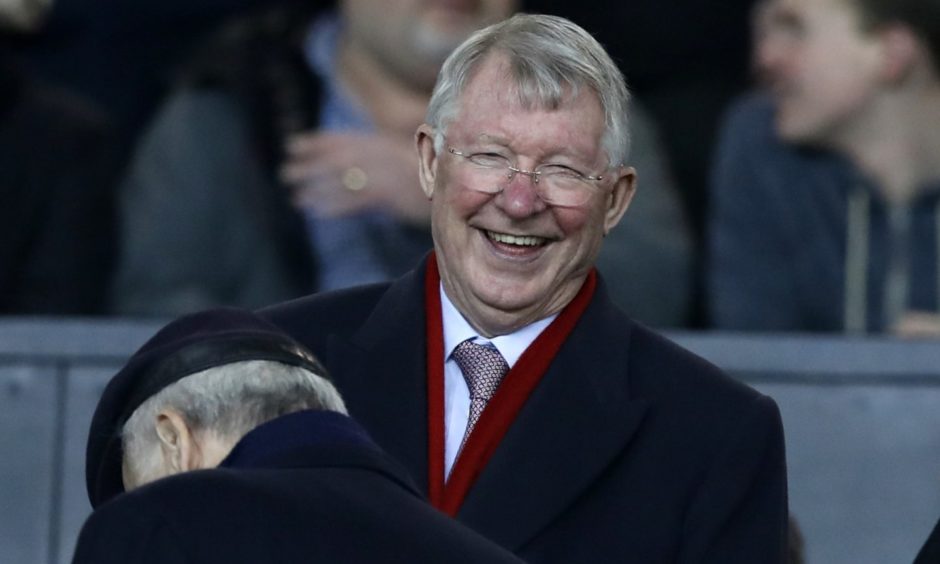Here is a question you never thought you would be asked.
What do football managers, The Lion King and Robert Baden-Powell all have in common?
The answer is they should all “Be Prepared,” with Dundee United boss Micky Mellon’s book joining one of the hit musical’s songs and the founder of the boy scout movement in adopting that motto.
Mellon has co-authored The First 100 Days: Lessons in Leadership from the Football Bosses with head teacher Phil Denton and it is published today.
It is a comprehensive guide for gaffers to the fraught and even frightening job of being in charge of football players.
Worthy cause
It is all for a worthy cause, too, with proceeds going to fight Motor Neurone Disease in the name of Mellon’s former team-mate Lenny Johnrose.
Asked to name the one, single piece of advice he thinks those sitting in the dugouts should take from the words written by, among others, Ole Gunnar Solskjaer, Sean Dyche, David Moyes, Sam Allardyce, Walter Smith and Joe Royle, Mellon was quick to reply.
He said: “Be prepared!
“Doing this book, for two-and-a-half to three years, the same sort of things kept coming up all the time.
“You get recurring themes and one of them was definitely: be prepared.
“You have to understand before you go into a club, get as much information as you can about the job you’re about to go into, ask the right questions to the relevant people and do your homework.
“The book is about the first 100 days and it is probably a nice period of time in management.
“However, when you go through that period, you should remember that all the time because in football every three days you’re good or you’re bad.
“Therefore, make sure you stay focused on that and try not let outside influences affect you.”
Relationships key
And the next crucial factor?
He added: “Relationships are massive all the way right through it.
“You must keep nurturing relationships, with supporters, with staff, your sporting director and your owner.
“Those are the real, big important things that kept coming up all the time.
“And it’s not just relationships with people.
“There are relationships with how the players feel about how you want to play, what the tactics are, what the philosophy of the club is, and what you want them as a team to know.
“They will have a relationship with that idea. They will either hate it or they’ll love it.”
For the most significant difference in management over the years, Mellon took to cyber space.
Social media
He said: “Social media is the biggest change.
“I came into management maybe at the start of social media, with forums and phone-ins.
“Now with social media, especially during this pandemic, which we speak about in the book, it is the fans’ opportunity to voice their opinions.
“That has really changed because that can gather momentum on any kind of subject.
“That is something that, as a manager, you have to be aware of but make sure you filter out the unnecessary stuff.
“Also, we have a 24/7 news channel on football on Sky so it is constant. That has evolved since I started my managerial journey.
“I think because of the access we have to much more football now, the opportunity to watch more from around the world, you can learn more about tactics and there are TV programmes that you can really watch.
“You can learn from Twitter, too, so there are loads of positives as well but those are things that the modern manager has around them all the time.”
Teaching role
Working with Mr Denton – or Phil to his non-pupils – has given Mellon perspective on the crossover between the chalkface and the football pitch.
He said: “As a manager, you are a teacher and you have to understand that you are trying to teach, lead and help young men be the best they can be.
“That comes from your experiences and what you have learned yourself.
“Or if you don’t know something, go and find out about that.
“All of that is done for your players.
“You’re trying to protect them and give them lessons about mistakes you maybe made or why you are helping them to deal with what is necessary or what isn’t necessary.”
As for Mellon’s co-author, Mr Denton saw it all through a fan’s eyes as a keen supporter of Tranmere Rovers, one of Mellon’s former teams.
He said: “What summed it up was sitting at Manchester United’s training centre at Carrington waiting on Ole Gunnar Solskjaer coming down the stairs.
“I’m just a football fan who was writing a book, so I turned to Micky and said: ‘How has this happened?’
“It was great to get the chance to speak to people and learn from their experiences.
“There is so much to learn from these people who are scrutinised every day of the week, not just in football but in other walks of life as well.”
Fergie-free
Back to Mellon and he did admit there was one who got away when it came to interviewees.
The United boss revealed: “Yeah, we tried to get Sir Alex Ferguson but he was too busy doing what we now know was his documentary.
“I was desperate to get him in but we just couldn’t get the opportunity because he was so busy with other things.
“In saying that, in compiling it was not just about the people we met to speak to about the book it is also managers we have competed against.
“I would then use their approaches to help with the job I am doing.
“For example, I learned from Pep Guardiola (the Manchester City boss) and I like his energy, his focus and his simplicity.
1 – Manchester City have only lost one of their 12 home games against German opponents in European competition (W9 D2), with that lone defeat coming against a Bayern Munich side managed by Pep Guardiola in October 2013. Architect. #UCL pic.twitter.com/NFYDoLbjsU
— OptaJoe (@OptaJoe) March 19, 2021
“We all listened to what he had to tell us and then took our own versions back to our own situations.
“The most important thing is to bring that back and put it into your own style of management. Be authentic and don’t try to copy.”
Oh, and be prepared.
The First 100 Days: Lessons in Leadership from the Football Bosses is published by Reach Sport
